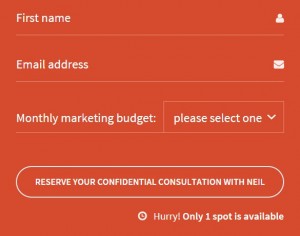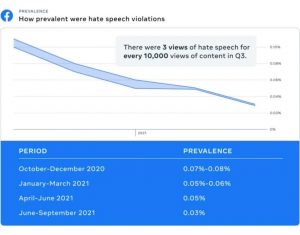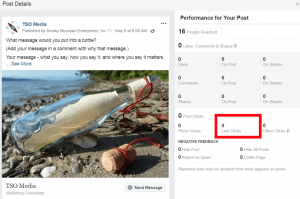December 29, 2014

It’s almost the new year… have you done your content planning yet?
Don’t worry if you haven’t. There’s still time to get your ducks in a row!
Even if you plan your content one month out, it’s so much better for your sanity and your motivation than just winging it every week.
What about your business planning? Do you know what your big rocks are for the year?
I’ve tried many different editorial calendars and planning systems over the years, and through trial and error I was able put together a system that works really well for me. I’d like to share it with you.
Editorial Calendar For The Horizon Peak Blog
For my own editorial calendar, I use an Excel spreadsheet.
I have a tab where I keep track of ideas, another tab where I keep track of published blogs (including the tweets I use to promote them) and plans for upcoming blogs.
I used to plan my blogs out months in advance and stick to the schedule religiously, but I have a confession to make… it started to bore the heck out of me. I found myself consistently not wanting to write what I had planned to write that week. So I started allowing myself a lot more flexibility with each week’s blog topic – and it just worked better for me. Sometimes I write what I planned to write – and sometimes I put this week’s topic back on the ideas list and pull something else out to write.
So obviously that ideas list is a goldmine, and very important for me to keep up so I can continue to have this flexibility. I add a new idea to it at least 2-3 times a week, usually inspired by something I read on social media, a blog, or in the news.
The exception to this “rule of flexibility” is if I have a product launch planned that requires a specific set of blogs to support it. For example, right before I published my ebook on how to write white papers, I wrote a series of blogs about white papers to lead up to the launch.
There is no one right way to create an editorial calendar. I have clients who use Google Sheets spreadsheets, others who send me Word docs, and others who use Basecamp. The point isn’t to plan everything out to a tee – it’s to get yourself focused and moving toward your big business goals.
Yearly Planning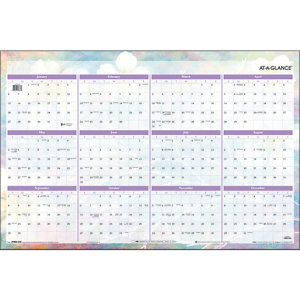
I use a dry-erase wall calendar for my yearly content planning.
I’m not too heavy-handed with my yearly planning, to be honest. I plan out my newsletter launch dates for the year and write in my monthly ongoing client projects for those clients who plan their content a year in advance (this is rare!). Otherwise this calendar stays pretty uncluttered.
Monthly Planning
I use Google Calendar for my monthly content planning.
For my own Horizon Peak content as well as my clients’ content, Google Calendar keeps me straight for the month. Here I include the launch dates of blogs, newsletters, etc., in addition to appointments and meetings.
I love the bird’s-eye view I can get using Google Calendar in this way. Plus, when clients ask about my availability for meetings, I’m able to send them a customized link to my calendar where they can see what open timeslots I have. This saves us a lot of email back-and-forth!
Weekly Planning
I use Asana for my weekly planning.
Asana allows me to not only create a digital to-do list (with a checkbox next to each item that is very satisfying to check off), but it allows me to add lots of detail and even add attachments to each task.
The due date I put on each task is the date I want to start the task – so those launch dates on my Google Calendar won’t sneak up on me.
I love how flexible this tool is. Asana lets me repeat and copy tasks, move tasks around in bulk, and sort and organize tasks to my heart’s content. It’s a type-A’s dream tool.
Daily Planning
For my daily planning, I use a good, old-fashioned Franklin Covey paper day-planner.
I really like the planner pages that have a task list and schedule on the left, and a page for notes on the right.
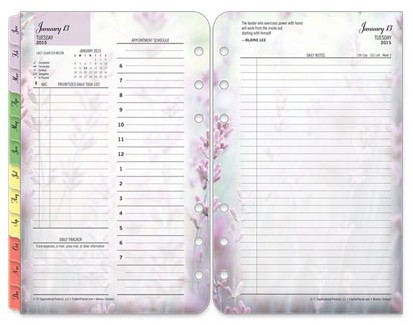
Each night before I wrap up my work for the day, I write down the next day’s tasks and appointments in my planner. I include not only work tasks, but personal tasks as well.
I use the right side of the planner page for taking notes during meetings. This is a GREAT habit to get into if you’re in a service-focused business like mine. You’ll never lose your meeting notes again!
What’s Your System?
My system sounds really complicated to some people, but it has actually simplified my day-to-day business quite a bit.
I encourage you to experiment with your own planning as you get focused for next year. What are your big business goals? What steps do you need to take to accomplish them, and when do those steps need to happen? What works best for YOUR particular way of working and thinking – writing things down by hand, digital reminders, a big project management system?
If you already have a planning system that works great for you, I’d love to hear about it! Share it in the comments below.
Business & Finance Articles on Business 2 Community
(309)
Report Post
